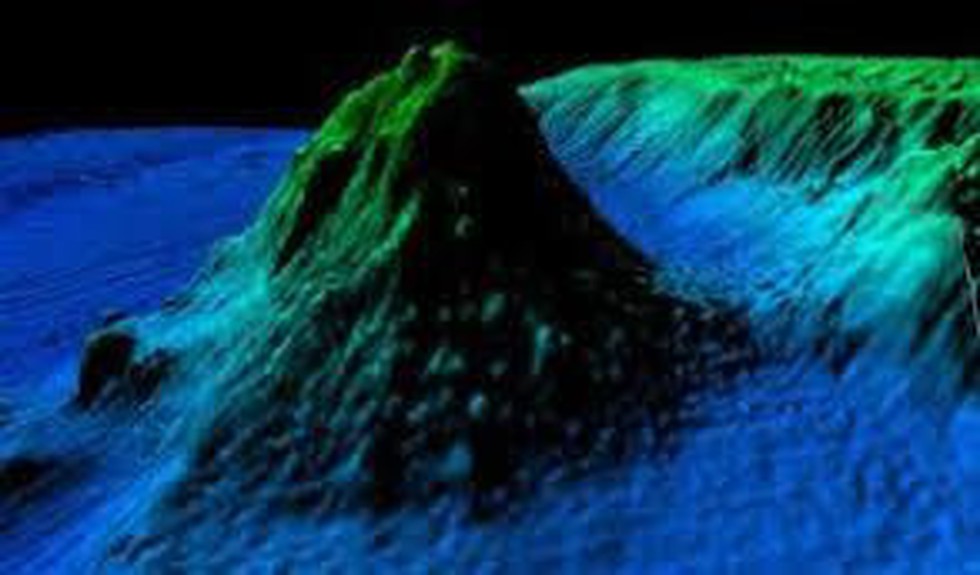About Seamount:
- It is an underwater mountain formed through volcanic activity.
- These are recognised as hotspots for marine life. Like volcanoes on land, seamounts can be active, extinct, or dormant volcanoes.
- These are formed near mid-ocean ridges, where the earth’s tectonic plates are moving apart, allowing molten rock to rise to the seafloor.
- The planet’s two most-studied mid-ocean ridges are the Mid-Atlantic Ridge and the East Pacific Rise.
- Some seamounts have also been found near intraplate hotspots—regions of heavy volcanic activity within a plate—and oceanic island chains with volcanic and seismic activity called island arcs.
- These are formed when molten rock comes up from below the tectonic plate.
- Significance of seamounts
- They provide information about the mantle’s composition and how tectonic plates evolve.
- These are helpful in understanding their influence on how water circulates and absorbs heat and carbon dioxide.
- They are good places for life because they can cause localised ocean upwelling, the process by which nutrient-rich water from deep within the ocean moves up to the surface.
Key facts about Andaman Sea
- It is a marginal sea in the northeastern Indian Ocean.
- It is bound
- To the north, by the Irrawaddy River delta of Myanmar(Burma)
- To the east are peninsular Myanmar, Thailand, and Malaysia.
- To the south is the Indonesian island of Sumatra and the Strait of Malacca, and to the west are the Andaman and Nicobar Islands, which constitute a union territory of India.
